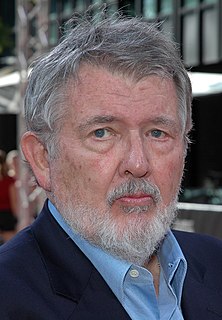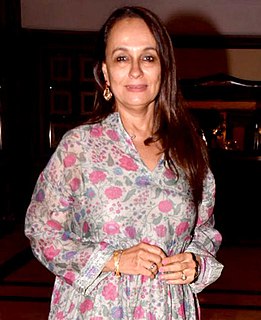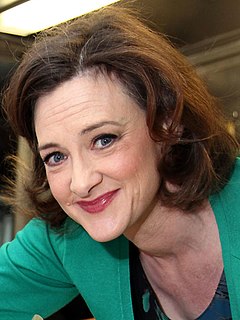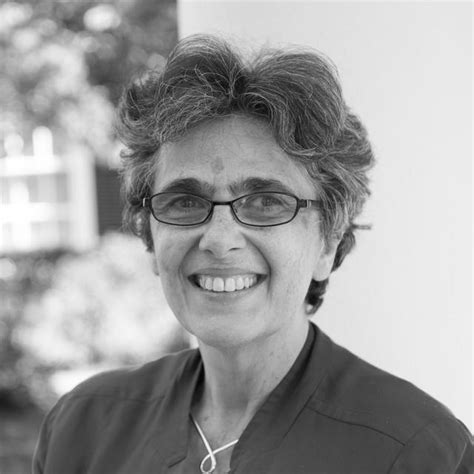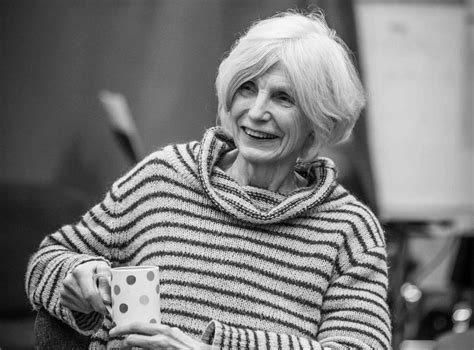A Quote by Sophie Hannah
If we knew more about psychology, we would be better equipped to deal with other people's psychological damage which they might project onto us.
Related Quotes
The science of psychology has been far more successful on the negative than on the positive side... It has revealed to us much about man's shortcomings, his illnesses, his sins, but little about his potentialities, his virtues, his achievable aspirations or his psychological health... We must find out what psychology might be if it could free itself from the stultifying effects of limited, pessimistic and stingy preoccupations with human nature.
Conversations about films are always funny. I would say a majority of people want to talk about what were the more obvious successes; the big box office films. Other people wanting to be more sensitive to you want to talk about the ones that maybe didn't make a lot of money, but they think you might have a special feeling about. And then other people sometimes want to help you by suggesting that you should have done this or that in the movie, that that would have helped you a great deal in whatever capacity.
There is a long list of psychology research demonstrating that appearances matter more than most us would care to admit. As shallow as it may be, better-looking people have been shown in various studies to have higher self-esteem and more charisma, are considered more trustworthy and are better negotiators.
We need be careful how we deal with those about us, when every death carries to some small circle of survivors, thoughts of so much omitted, and so little done- of so many things forgotten, and so many more which might have been repaired! There is no remorse so deep as that which is unavailing; if we would be spared its tortures, let us remember this, in time.
However dangerous might be the shock of a comet, it might be so slight, that it would only do damage at the part of the Earth where it actually struck; perhaps even we might cry quits if while one kingdom were devastated, the rest of the Earth were to enjoy the rarities which a body which came from so far might bring it. Perhaps we should be very surprised to find that the debris of these masses that we despised were formed of gold and diamonds; but who would be the most astonished, we, or the comet-dwellers, who would be cast on our Earth? What strange being each would find the other!
That's something I have to work on: to separate what really matters, to conserve energy by not worrying about what other people think. When I walk through that door, it's about home. If I didn't do that, I'd become consumed by one thing only and damage the people who love me. And it would damage the work.
I wanted to project myself forward to age 80 and say, ‘OK, I’m looking back on my life. I want to minimise the number of regrets I have.’ And I knew that when I was 80, I was not going to regret having tried this. I was not going to regret trying to participate in this thing called the Internet that I thought was going to be a really big deal. I knew that if I failed, I wouldn’t regret that. But I knew the one thing I might regret is not ever having tried. I knew that that would haunt me every day.
There's nothing personal in it [THE SKRIKER]. I'm not ever inclined with any of the plays to say, This is about that, because plays are about the whole event that they are. . . . I was certainly wanting to write a play about damage - damage to nature and damage to people, both of which there's plenty of about. To that extent, I was writing a play about England now.
I guess most of us would rather not discuss cancer because we are all afraid we might be told we have it. It's hard for people to even say the word, and that's the first obstacle you have to overcome when you are diagnosed with the disease. I think once you understand a little more about it ... I don't mean it gets any easier ... but I think you give it more in-depth thought about how you're going to deal with it.


